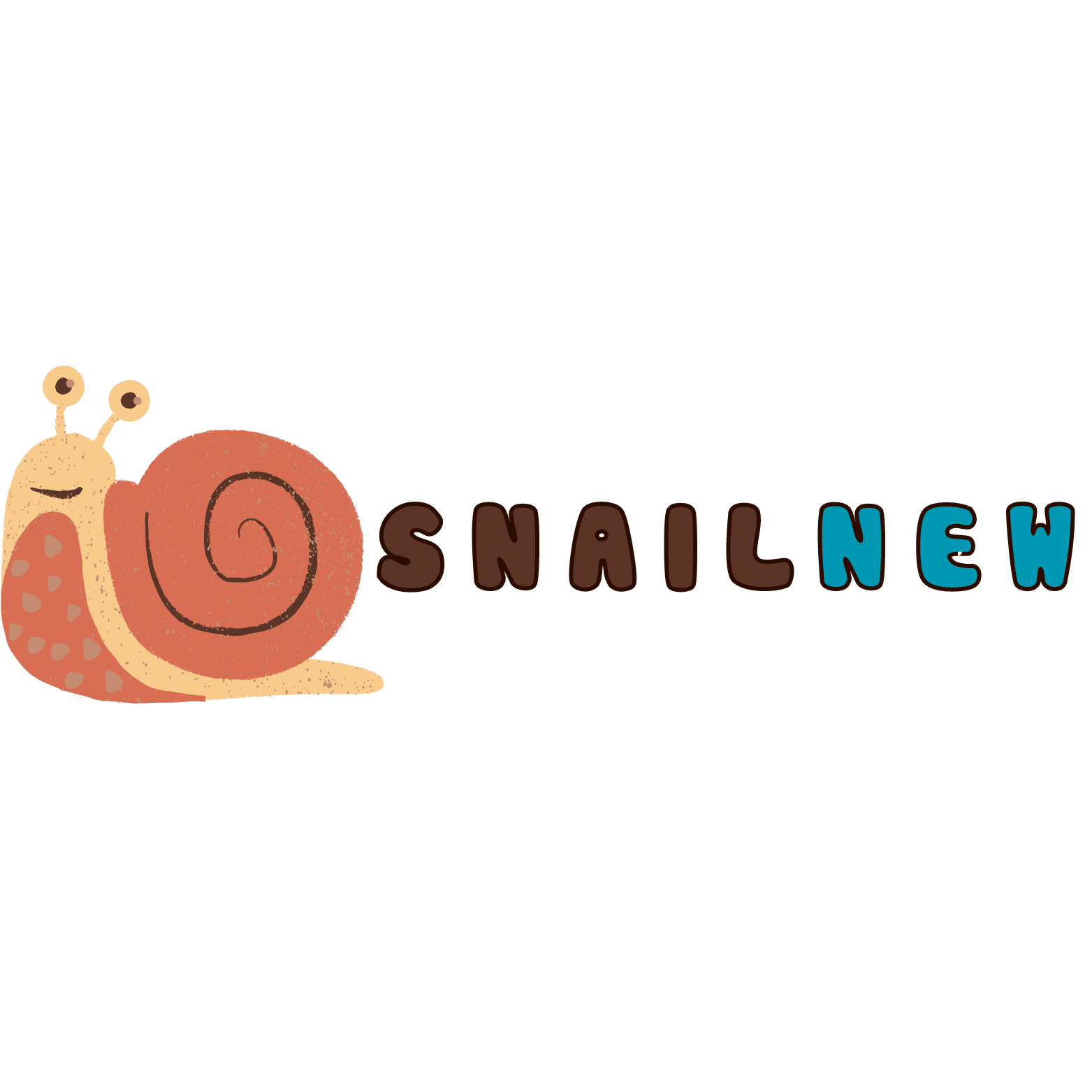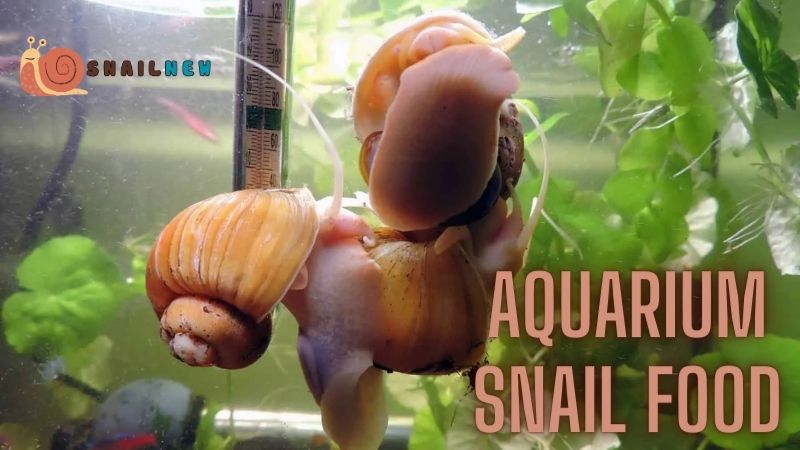Aquarium snails are fascinating creatures that play a crucial role in maintaining the balance of your aquatic ecosystem. From scavenging algae to cleaning up leftover food, these little mollusks are valuable additions to any tank. However, to ensure their well-being and longevity, it’s essential to provide them with a diverse and nutritious diet. In this comprehensive guide, Snailnew will explore the various options for aquarium snail food, offering tips on feeding and dietary balance to keep your shelled companions thriving.
Table of Contents
ToggleAquarium Snail Food
1. Algae: A Natural Delicacy
Aquarium snails are notorious algae eaters, making them excellent allies in the battle against algae overgrowth. Many species, such as Nerite snails and Mystery snails, have voracious appetites for algae and will happily graze on the surfaces of your aquarium. By allowing some algae to grow in your tank, you’re providing a continuous source of food for your snails. Regular maintenance, such as scraping algae from glass and decorations, can help ensure a steady supply of this natural delicacy for your snails to enjoy.
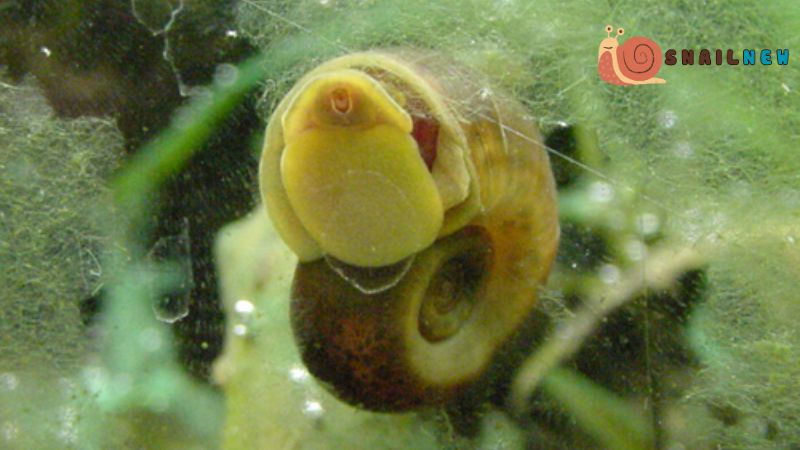
2. Vegetables: Wholesome and Nutritious
In addition to algae, aquarium snails benefit from a diet rich in vegetables. Blanched vegetables such as zucchini, cucumber, spinach, and lettuce are excellent choices. These veggies are not only nutritious but also mimic the natural foraging behavior of snails in the wild. To prepare vegetables for your snails, simply blanch them by briefly immersing them in boiling water, then allow them to cool before placing them in the tank. Vegetables can be clipped to the side of the tank or weighted down to sink to the bottom, where your snails can easily access them.
3. Commercial Snail Food: Tailored Nutrition
For aquarists looking for convenient and balanced nutrition for their snails, commercial snail foods are available in pet stores. These specially formulated pellets or tablets are designed to meet the dietary needs of aquarium snails, providing essential nutrients for their health and vitality. Look for products labeled specifically for snails, as these will often contain ingredients such as spirulina, calcium, and other essential vitamins and minerals. Aquarium snail food can be offered as a regular part of their diet or used as a supplement to other foods to ensure dietary variety.
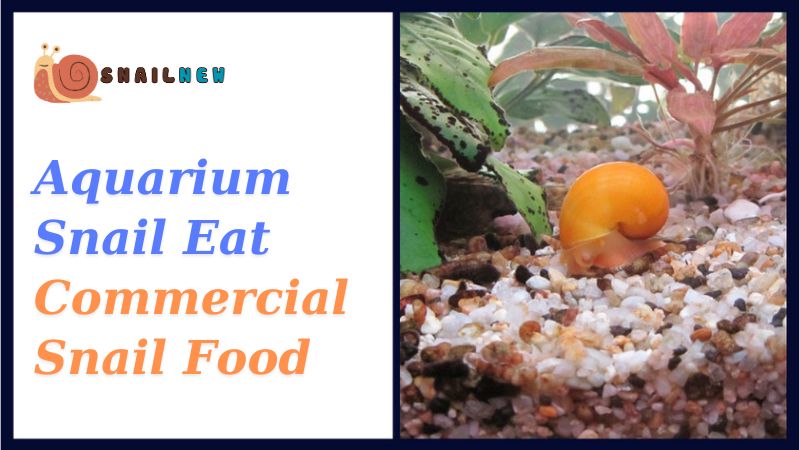
4. Fish Flakes/Pellets: Occasional Treats
While not a staple aquarium snail food, fish flakes or pellets can be offered as occasional treats. Snails will often nibble on these foods if they sink to the bottom of the tank, providing them with additional nutrients and variety in their diet. However, it’s essential to use these sparingly and ensure they are not the primary source of nutrition for your snails. Fish flakes and pellets may lack some of the specific nutrients that snails require for optimal health, so they should be supplemented with other foods to ensure a balanced diet.
5. Calcium: Building Strong Shells
One crucial component of an aquarium snail’s diet is calcium. Calcium is essential for the growth and maintenance of their shells, which provide protection and support for their bodies. Without an adequate supply of calcium, snails may experience shell deterioration or deformities, leading to health problems. To ensure your snails receive enough calcium, provide them with sources such as cuttlebone, crushed coral, or calcium supplements. These can be placed directly in the tank, where snails can access them as needed.
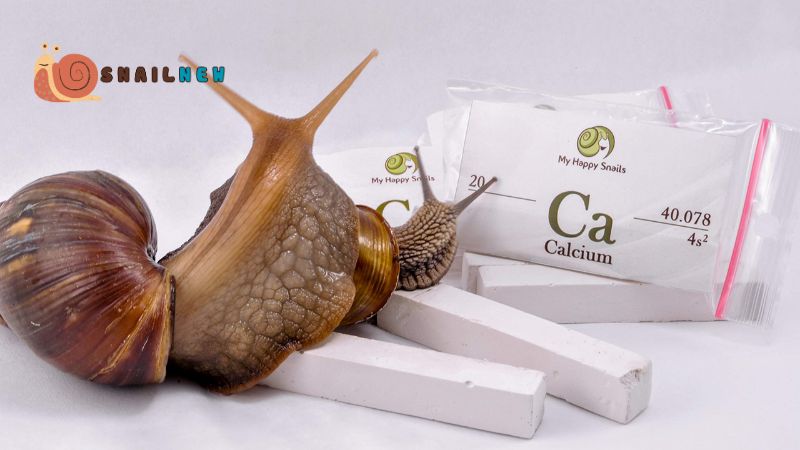
6. Other Organic Matter: Scavengers Extraordinaire
In addition to their primary diet of algae and vegetables, aquarium snails are opportunistic feeders that will scavenge on any organic matter they encounter in the tank. This includes leftover fish or shrimp pellets, sinking wafers, and even small pieces of boiled egg. While these foods should not make up the bulk of their diet, they can provide supplemental nutrition and enrichment for your snails. Be sure to monitor their intake of these foods and adjust accordingly to prevent overfeeding and maintain water quality.
Feeding Tips and Considerations
When feeding aquarium snails, it’s essential to observe their behavior and adjust their diet accordingly. Here are some tips and considerations to keep in mind:
- Feed in Moderation: Avoid overfeeding your snails, as this can lead to water quality issues and health problems. Offer small amounts of food at a time and remove any uneaten portions after a few hours.
- Rotate Foods: Provide variety in your snail’s diet by offering a mix of algae, vegetables, commercial snail food, and occasional treats. This helps ensure they receive all the nutrients they need for optimal health.
- Monitor Shell Health: Keep an eye on your snail’s shells for any signs of damage or deterioration. If you notice issues such as cracks or erosion, increase their intake of calcium-rich foods and ensure they have access to clean, mineral-rich water.
- Consider Tank Mates: If you have other tank inhabitants, such as fish or shrimp, be mindful of their dietary requirements when feeding your snails. Some foods may be suitable for one species but harmful to others, so research compatibility and adjust feeding accordingly.
Sum Up
In conclusion, providing a varied and nutritious diet is essential for the health and well-being of aquarium snails. By offering a combination of algae, vegetables, commercial aquarium snail food, and occasional treats, you can ensure your shelled companions thrive in their aquatic environment. Remember to observe their behavior, monitor their shell health, and adjust their diet as needed to keep them happy and healthy for years to come. With proper care and attention, your aquarium snails will continue to delight and fascinate you as they go about their scavenging adventures in the tank.
Now that we’ve covered the essentials of aquarium snail food, you’re equipped with the knowledge to provide your shelled companions with a well-rounded diet that promotes their health and vitality.
Related Posts:
- What Do Aquarium Snails Eat? A Comprehensive Guide…
- What to Feed Snails for Optimal Health and Well-Being
- A Comprehensive Guide: What to Feed Mystery Snails
- Exploring the Benefits of Malaysian Trumpet Snails…
- Unveiling the Enigmatic Lifespan: How Long Do…
- Exploring the Aquatic Realm: Can Snails Breathe Underwater?
